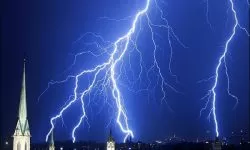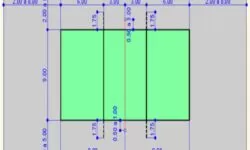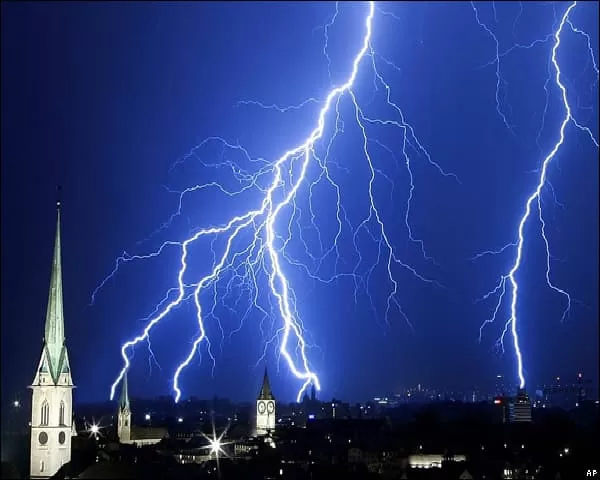Definition of Industrial Electricity
Industrial power includes everything from utility entrance to on-site power generation, power distribution, UPS and power quality and grounding, electrical protection. Industrial electrical power involves various sub electrical systems, including HVAC, energy management, building automation, fire and life safety systems, communications and security. This leads to the idea of integrated electrical systems for construction.
Industrial electrical power also focuses on equipment such as protective relays, fuses and circuit breakers, grounding equipment, dry-type transformers, motors and drives, electrical safety practices, wiring and cabling devices, and software and applications.
Industrial electricity is usually a three-phase design with an amperage requirement that can be quite large. Many times, the voltages entering an industrial plant are in the thousands of volts. The higher voltage requirements are due to the power demands of the equipment and machinery operating in the industrial environment. On-site power plants generally distribute power around large plants.
This configuration allows for the workload of each cable while ensuring that all elements work together to create a higher power output. Because the cabling is more outdoors, a higher grade or protection is needed. Industrial cabling generally has a higher level of insulation contained in heavy, nylon-coated, tube-shaped conduit.
This is very important since most industrial plants handle corrosive liquids and gases that can cause electrical hazards if they come in contact with the wiring. Sometimes special outlets can be installed for sensitive and energy-intensive equipment.
Because of this the level of experience needed for the daily tasks of an industrial electrician requires extensive and specific education. Some companies require several years in an apprenticeship training program to ensure accuracy and thorough knowledge of the field.
Manufacturing and production facilities have energy needs that are very different from the general needs found in other avenues of the electrical profession. Industrial electricians must be prepared to handle problems with anything from exceptionally high voltage systems, to miniscule, direct current electricity.
These intensely varied electrical components are often tied together or are part of the installation machinery that is crucial and expensive. This also makes the accuracy of this specialization crucial. Installations that have specific or extensive electrical requirements require electricians with extensive and specific training. Where minor errors in a commercial or residential capacity can often be repaired very easily, industrial electricians do not have it so easy.
The functionality of electrical components and equipment is vital to modern industry. Making a mistake in the industrial electrical field can be so costly that it can affect production, development, or information systems.
Related Topics To The Electricity in ALPHAPEDIA

💚 WHAT IS STATIC ELECTRICITY ?

TYPES OF ELECTRICITY

HOW ELECTRICITY WAS DISCOVERED ?

💚 WHAT IS NEUTRAL IN ELECTRICITY ?

💚 WHEN ELECTRICITY WAS INVENTED ?

HOW ELECTRICITY IS GENERATED ?
Topics Relateds With Projects in ALPHAPEDIA

PALLET BAR: How To Do It Step By Step ?

HOW TO VARNISH WOOD

💚 VOLLEYBALL COURT DIMENSIONS

ELECTRICITY STUDY OBJECTIVES

HOW TO SAND WOOD With or Without Sandpaper

HOW TO SAND WALLS ? With Sander and Grinder
Other Topics of Interest in ALPHAPEDIA

FREE MASTER DEGREE IN STOCK MARKET

FREE DOCTORATE IN THEOLOGY

¿ HOW TO CLEAN MARBLE FLOORS ?

FREE BACHELOR IN SOCIAL WORK

FREE CERTIFICATE PROGRAM IN ENVIRONMENT

FREE CERTIFICATE PROGRAM IN NATUROPATHY


